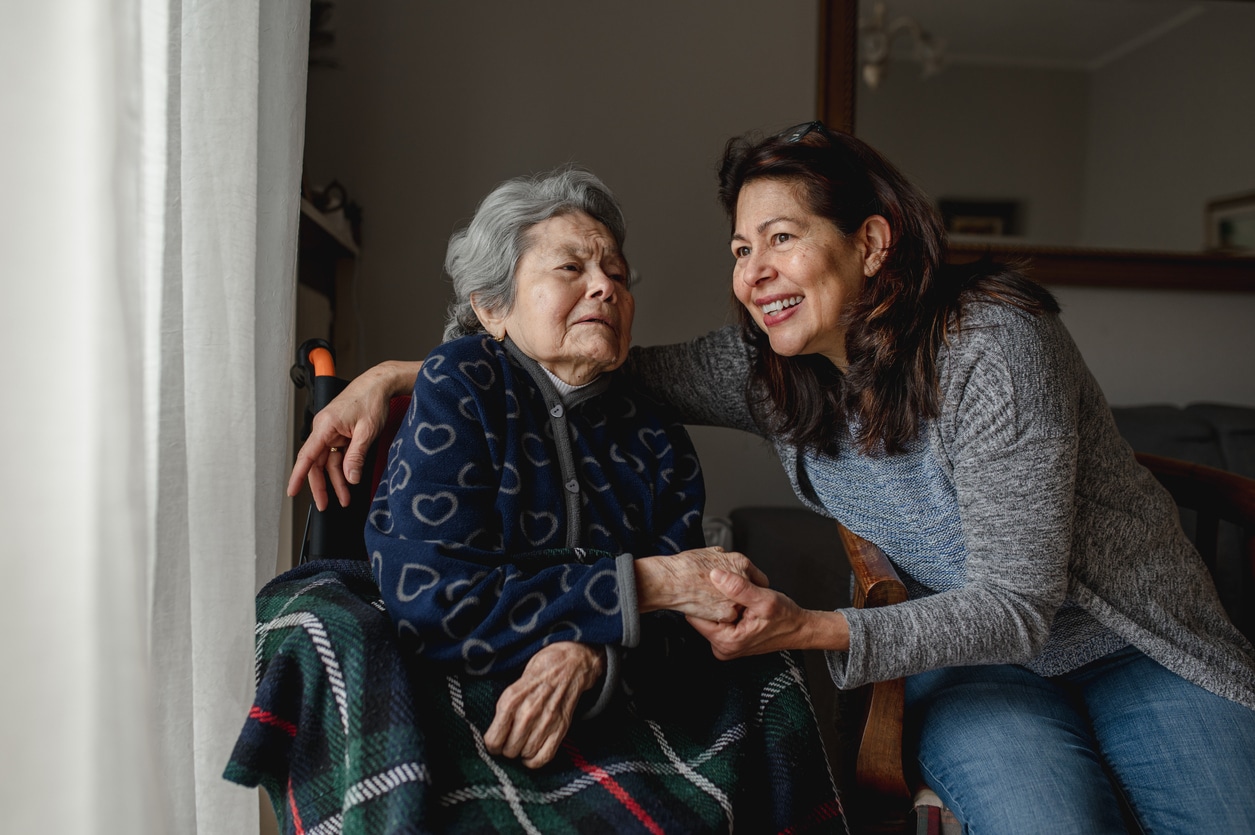There are several considerations you need to think about before taking on the responsibility of caring for an elderly parent, including both your own well-being and that of your mom or dad. Here are five things to be mindful of when committing to the care of your parent.
1. Your Current Work/Life Balance Level
If you’re struggling to balance work and home life now, it won’t get any easier when you start caring for an elderly parent. Avoiding burnout will only become more challenging if you’re already dealing with long work hours and a busy schedule. You might want to ask your employer how they handle time off for family responsibilities and discuss ways to accommodate your caregiving duties into your schedule.
2. The Roles Others in the Family Can Play
While you’re the main caregiver, other family members may be able to take on some level of responsibility. Don’t assume that you’ll have to go it entirely alone, even if your family lives far away. Siblings who live in other states can provide moral or financial support at the very least, and they can even take vacations to stay with your parent so you can take a break. A family meeting is the best way to work out schedules and expectations before care begins.
3. What Type of Care Does Your Parent Really Need?
Talk to your parent’s doctor about what level of care is optimal. Your parent might just need someone to look in on her daily or to help with meals. Or she might need more permanent care from a trained health professional. Caregiving roles vary, and while you might be willing to care for your elderly parent by yourself, an assisted living facility or nursing home may be a better option.
4. What Is Your Level of Physical, Emotional, and Financial Health?
You can’t care for someone else if you’re unhealthy yourself. This involves all levels of well-being, including your physical and emotional health. Another consideration is your finances. Take a realistic look at how well you’re providing for your own needs before you agree to the responsibility of caring for your elderly parent. If you conclude that you can’t care for your parent effectively, you’ll need to make other plans.
5. Is Your Parent in Agreement with a Caregiving Arrangement?
Perhaps your parent doesn’t feel that he’s ready to receive help. Changes in the health of your parent might seem bigger to you than they really are. Before you assume a caregiving role, talk to your parent about what he needs. Ask him if he’s able to make his own meals, bathe without assistance, or if he feels that his physical health has diminished. Discussing this with your parent will help you both work out a plan that is acceptable to everyone involved.
Caring for an aging parent is a big responsibility to take on, and the best way to be prepared is to think through both your current situation and that of your parent and how your circumstances would change if you took on a caregiver role.




